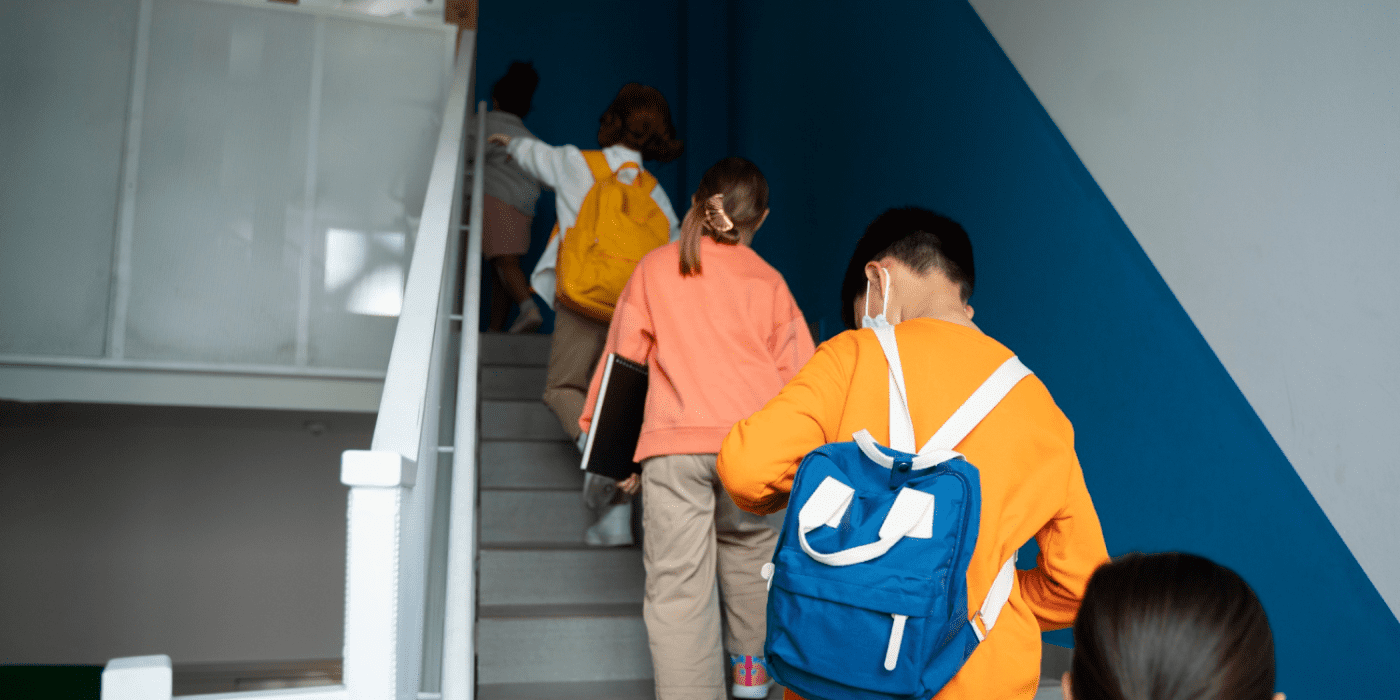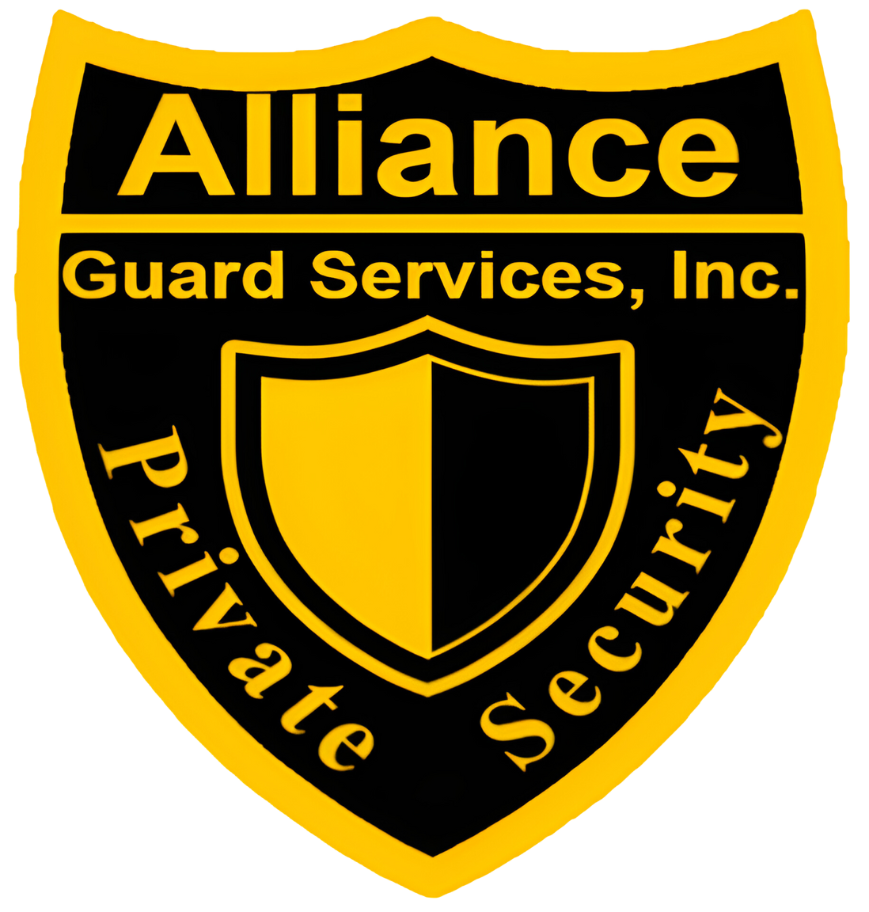Introduction of School security
School security encompasses the measures and protocols put in place to ensure the safety and well-being of students, staff, and visitors within educational institutions. It involves various strategies, ranging from physical security measures to emergency response protocols, aimed at mitigating risks and creating a secure learning environment.
The Current State of School Security
Recent years have seen a concerning rise in school-related incidents, including acts of violence, natural disasters, and other emergencies. These incidents have underscored the vulnerabilities of educational institutions and highlighted the urgent need for robust security measures to protect the lives and safety of those within school premises.
Protecting Students and Staff
Implementing comprehensive security measures is essential for safeguarding the school community. This includes physical security measures such as access control systems, surveillance cameras, and secure entry points. Additionally, providing training to staff and students on emergency response procedures, such as lockdown drills and evacuation protocols, is crucial for ensuring a coordinated and effective response to security threats.
Psychological Impact of Security Measures
While ensuring safety is paramount, it’s also important to consider the psychological impact of security measures on students and staff. Excessive or intrusive security measures can create an atmosphere of fear and anxiety, adversely affecting the learning environment. Therefore, striking a balance between security and maintaining a nurturing and supportive school culture is essential for promoting overall well-being.
Community Involvement in School Security
School security is not solely the responsibility of school administrators and staff. Engaging parents, local law enforcement agencies, and community members in safety initiatives fosters a collaborative approach to security and enhances overall preparedness. Building strong partnerships with the community strengthens the school’s ability to address security threats effectively.
Legal and Ethical Considerations
Schools must navigate legal and ethical considerations when implementing security measures. Ensuring compliance with regulations while respecting students’ rights and privacy is essential for maintaining a balance between safety and individual freedoms. It’s crucial for schools to uphold ethical standards and protect the rights of all individuals within the school community while prioritizing safety.
The Cost of School Security
While investing in security measures incurs costs, the value of ensuring the safety of students and staff cannot be understated. Allocating resources strategically and evaluating the cost-effectiveness of different security strategies is crucial for maximizing the impact of security investments. Schools must prioritize security within their budget constraints to ensure the well-being of everyone in the school community.
Addressing Specific Threats
Schools face a variety of threats, including violence, bullying, and cyberattacks. Tailoring security measures to address specific challenges and implementing preventive strategies is key to mitigating these threats effectively. By identifying potential risks and vulnerabilities, schools can develop targeted security protocols to address specific threats and ensure a safer learning environment.
Creating a Culture of Safety
Promoting awareness and vigilance among students and staff is essential for creating a culture of safety within the school community. Fostering open communication and encouraging reporting of safety concerns helps to identify potential threats early on. By empowering individuals to take an active role in maintaining security, schools can enhance overall safety and preparedness.
The Role of Technology in School Security
Advancements in technology have revolutionized school security, providing innovative solutions such as surveillance systems, access control measures, and emergency notification systems. Leveraging technology effectively enhances the effectiveness of security measures and improves response capabilities. By embracing technological solutions, schools can enhance their security posture and better protect students and staff.
Responding to Security Incidents
Developing comprehensive emergency response plans and conducting regular drills and simulations are essential for preparing the school community to respond effectively to security incidents. Practicing response protocols ensures a swift and coordinated response when faced with emergencies. By being proactive and prepared, schools can minimize the impact of security incidents and protect the safety of everyone on campus.
Evaluating and Improving Security Measures
Regular evaluation of security protocols and measures allows schools to identify areas for improvement and make necessary adjustments. Incorporating feedback from stakeholders and staying abreast of evolving threats ensures that security measures remain effective and relevant. By continuously assessing and refining security measures, schools can enhance their overall security posture and adapt to changing circumstances.
Addressing Concerns and Resistance
Addressing concerns about overzealous security measures and fostering open dialogue with stakeholders is crucial for gaining buy-in and support for security initiatives. Collaborating with students, parents, and staff in decision-making processes promotes a sense of ownership and shared responsibility for school security. By addressing concerns and engaging the school community, schools can build trust and cooperation in implementing effective security measures.
Conclusion
In conclusion, school security is paramount for creating a safe and conducive learning environment. By implementing comprehensive security measures, engaging the community, and fostering a culture of safety, schools can effectively mitigate risks and protect the well-being of students, staff, and visitors. Prioritizing security ensures that schools remain safe havens for learning and growth, where individuals can thrive and reach their full potential.
FAQs About School Security
1) How effective are security measures in preventing school-related incidents?
Security measures play a crucial role in deterring and mitigating school-related incidents. However, their effectiveness depends on various factors such as implementation, enforcement, and the ability to adapt to evolving threats.
2) What role do students play in maintaining school security?
Students play an essential role in maintaining school security by being vigilant, reporting suspicious activities, and following safety protocols. Educating students on security procedures and fostering a sense of responsibility for their own safety enhances overall security within the school community.
3) How can schools balance security measures with creating a welcoming environment?
Balancing security measures with creating a welcoming environment requires careful planning and consideration. Schools can achieve this by implementing non-intrusive security measures, promoting positive relationships between students and staff, and creating opportunities for open communication and collaboration.
4) Are there any innovative approaches to school security being implemented?
Yes, schools are increasingly adopting innovative approaches to security, such as leveraging technology for surveillance and access control, implementing threat assessment programs, and integrating mental health support services into security initiatives.


